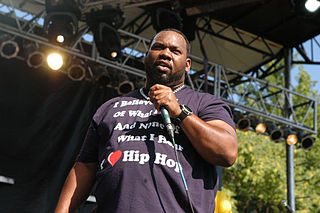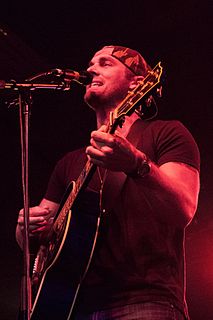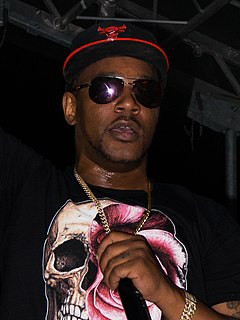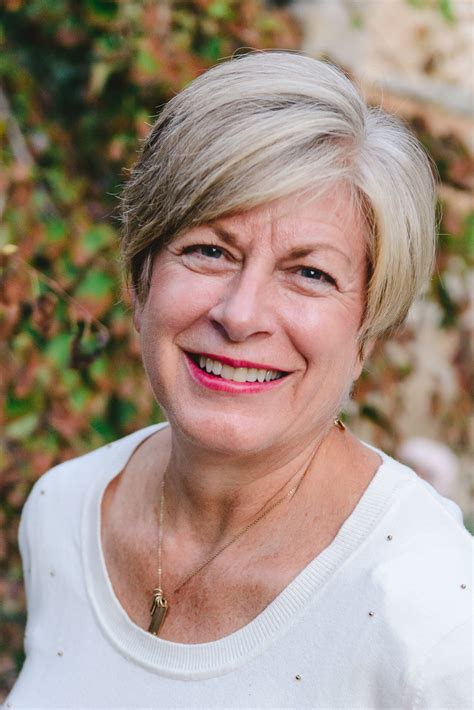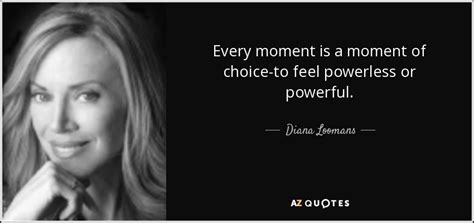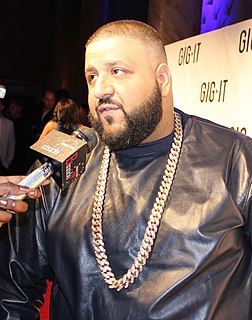A Quote by Raekwon
When you a young kid at that age at that time, and you know that you got talent as far as hip hop, you wanna be on the radio, that's the first thing. So we was more or less infatuated with just havin' a song on the radio, you know? Before our careers even launched it was more or less about lettin' everybody know, 'Staten Island? You got good emcees there.'
Related Quotes
In this time, we incorporate money and media, and it's split up like apartheid, where when you say "hip-hop," you think just rap records. People might have forgot about all the other elements in hip-hop. Now we're back out there again, trying to get people back to the fifth element, the knowledge. To know to respect the whole culture, especially to you radio stations that claim to be hip-hop and you're not, because if you was a hip-hop radio station, why do you just play one aspect of hip-hop and rap, which is gangsta rap?
The power of a label and radio and a booking agency and all that - you never know until you experience it the first time, but being able to have a song on radio, but then go play a show for people that have heard the song on radio, and having it sung back to you, is - I don't know how to describe it.
In the Depression, besides everybody being poor, our entertainment was much more primitive and innocent. The comic strip, which I so venerated, was still a very new form. Movies had just become talkies. Radio had just gone coast to coast for the first time. Network radio had just begun when I was a kid. So all of these forms were more or less in their infancy, and feeling their oats. Comics were fresh and funny and nervy, and in a sense, defiant of the prevailing culture.
Mothers who know do less. They permit less of what will not bear good fruit eternally. They allow less media in their homes, less distraction, less activity that draws their children away from their home. Mothers who know are willing to live on less and consume less of the world’s goods in order to spend more time with their children—more time eating together, more time working together, more time reading together, more time talking, laughing, singing, and exemplifying. These mothers choose carefully and do not try to choose it all.
Socially, hip-hop has done more for racial camaraderie in this country than any one thing. 'Cause guys like me, my kids - everyone under 45 either grew up loving hip-hop or hating hip-hop, but everyone under 45 grew up very aware of hip-hop. So when you're a white kid and you're listening to this music and you're being exposed to it every day on MTV, black people become less frightening. This is just a reality. What hip-hop has done bringing people together is enormous.
'Boneless,' even though we were thinking about servicing it to radio, it made more sense putting a vocal on there. This was actually the first time that I really looked at doing a song for radio and kind of let go of some control and listened to a lot of different radio pluggers and had Ultra come in and help out with ideas.
If I had my child to raise all over again,I'd finger paint more, and point the finger less.I'd do less correcting, and more connecting.I'd take my eyes off my watch, and watch with my eyes.I would care to know less, and know to care more.I'd take more hikes and fly more kites.I'd stop playing serious, and seriously play.I'd run through more fields, and gaze at more stars.I'd do more hugging, and less tugging.I would be firm less often, and affirm much more.I'd build self esteem first, and the house later.I'd teach less about the love of power, and more about the power of love.
Have you come over time to think that you know more now than you did when you were young, know less now than when young, know now there is so much more to know than you knew there was to know when young that it is moot whether you think you knew more then than now or less, or do you now know that you never knew anything at all and never will and only the bluster of youth persuaded you that you did or would?
I started DJing soundclashes. I used to go to Jamaica a lot. I was like a hip-hop sound boy, where I took the dancehall culture and mixed it up with the hip-hop as well. I kept going, going, and I got real hot in the streets of Miami - you know, doing pirate radio - then ended up doing 99 Jamz, the big station out there.
